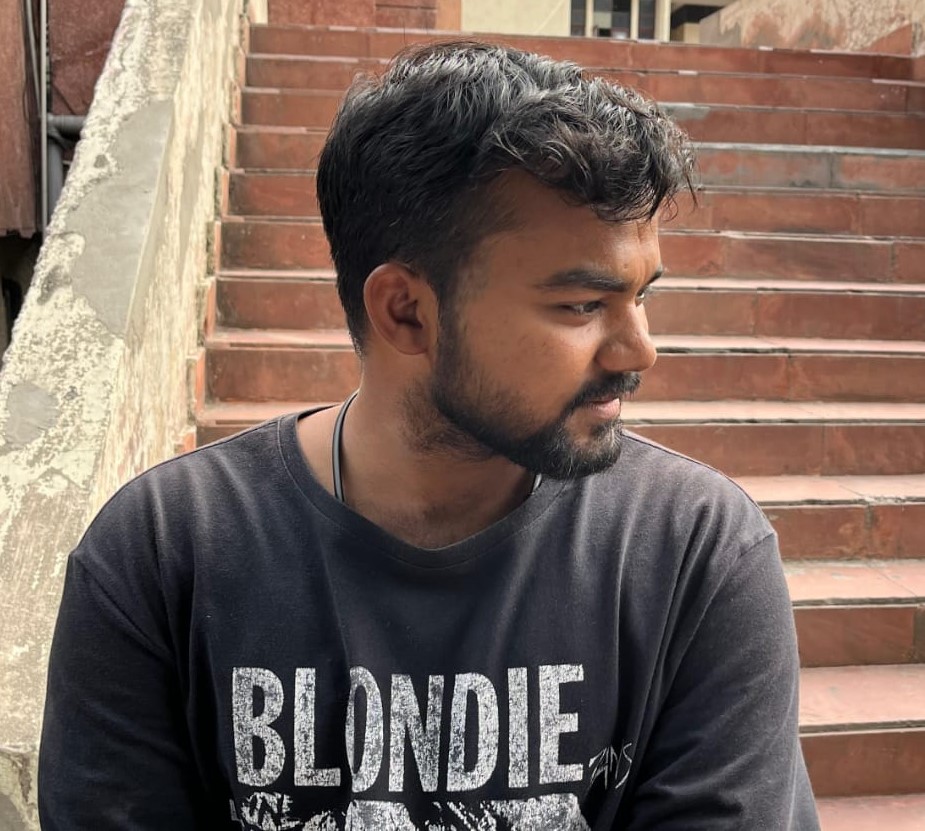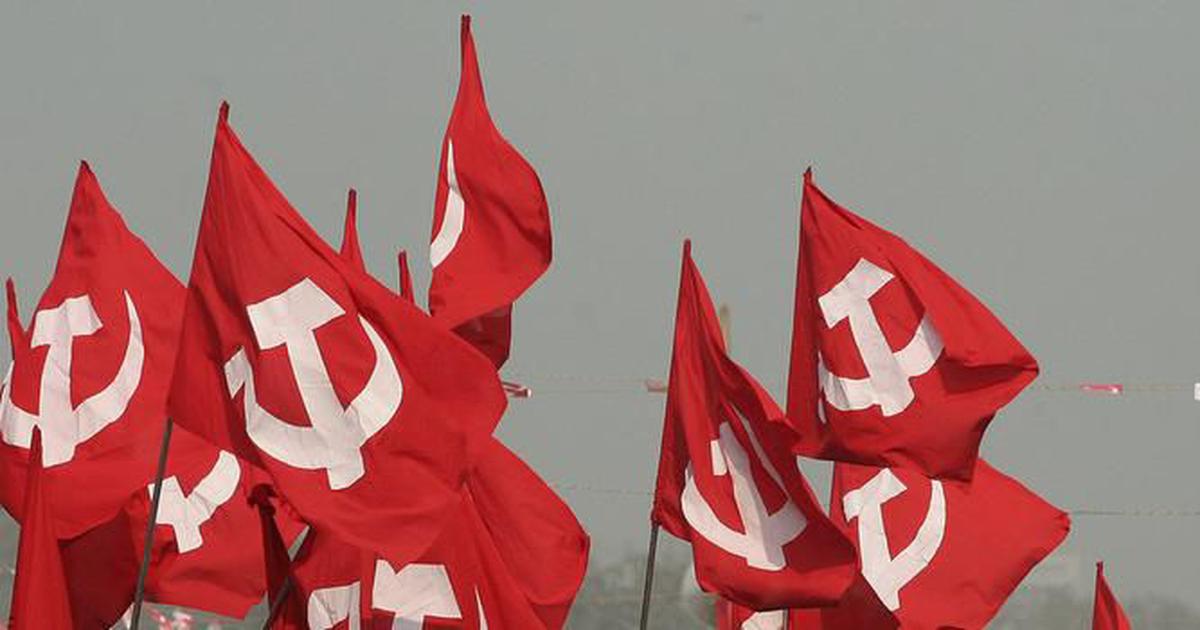Antonio Gramsci was a communist revolutionary, thinker, theorist and politician who enriched the Marxist discourse with remarkable ideas such as “organic intellectual”, “cultural hegemony”, “historic bloc” and “civil society”. Despite suffering from serious health ailments, he refused to bow out of social activism and writing extensively on prevalent issues. What pushed Gramsci into rigorous thinking on Marxism was the rise of fascism in Italy. Without analyzing fascism, one cannot understand the development of Gramsci’s political thought.
Gramsci was incarcerated by Italy’s fascist regime for more than a decade until his death. While Gramsci was being tried, the prosecutor famously stated that “for 20 years we must stop this brain from functioning”. For the dictator Benito Mussolini, it was necessary to shut down Gramsci’s brain to continue the fascist rule. But his brain didn’t shut down even in prison. Gramsci kept on writing notes, which were later published as “The Prison Notebooks”.
It is important to go back to Antonio Gramsci today because of the rising fascist tendencies of the Indian state for the last few years. India has been witnessing constant efforts to silence democratic voices. “Resistance”, which has become the song of today for the toiling masses, has to be sung louder with Gramsci’s notes. India being unique due to its deeply embedded and pervasive caste-ridden social structure, it calls for a unique solution.
Totalitarianism in India grew with the manufacturing of false consciousness with the help of institutions of civil society that echoed the dictates of state. The Rashtriya Swayamsevak Sangh (RSS), which runs on the principles of cultural homogenization, operates in this civil sphere. This organization attempts to use textbooks to further their bigoted interests. It presents populist culture, history, myths and ideas as absolute and forbidden to reasoning and science. RSS pracharaks keep on roaming around colleges and universities with the Sangh Parivar’s propaganda. Most mainstream media outlets put the ruling regime’s actions before its viewers without questioning them. Totalitarian tendencies are sensory — one just has to realize the “absoluteness” echoing in offices and homes. The regime’s project of establishing a dominant culture is portrayed as real and absolute.
Gramsci is known for his contribution to the concept of “cultural hegemony”. Culture and ideology are two determining instruments of the ruling elite for the concentration of power. Hegemony is built with the regular manufacturing of consent, not essentially by force or coercion, but through dominant discourse. This dominant discourse is projected by the institutions of civil society. The working class, Dalits, Adivasis and OBCs internalize the dominant culture knowingly or unknowingly. They are alienated from the public use of reason and conscience.

Along with empiricism, reasoning is the primary source of gaining knowledge. Knowledge can be truth or untruth. Historically, liberals’ concept of knowledge has been as an instrument of profit maximization and individualism. On the other hand, Marxist theory provided the dialectical method of dealing with existing social reality and social relations. Earlier, dialectics was the domain of idealists, but Marx and Engels used it to understand the development of social relations amid prevalent contradictions. Development of a nation results from the struggle between the opposites, between the oppressors and the oppressed. So, Marxist dialectics better helps understand the social reality. It is a revolutionary method to both bring about change and attain knowledge. Reasoning applied to material reality and dialectics achieves knowledge and truth. It is evident from Gramsci’s assertion that civil society is the arena of constant contradictions, a battlefield of opinions, cultures and ideologies. In the Indian context, major spaces of civil society are hegemonized by the Savarnas or the upper castes. Dalits and Adivasi challenge their alienation from civil society. In Gramscian conception, civil society is closer to society’s base and a hegemonized civil society creates an “opaque” structure to keep away the workers, peasants and the subaltern from the state’s real face. (Base, in Marxist theory, is defined as the mode of production, relations of production, class relations and material conditions that determine the “superstructure” of society. Superstructure comprises the civil, cultural, legal, political and social institutions.) Classical Marxism largely stressed on capturing society’s base whereas Gramsci emphasized the importance of cultural, ideological and intellectual struggle for revolutionary changes. Therefore he expanded the concept of superstructure in Marxist theory. He surpassed all other thinkers in developing the idea of civil society.
Since Gramsci was a revolutionary, he constantly proposed solutions to overcome cultural hegemony. Gramsci introduced the idea of “counter-hegemony” and “organic intellectual” for revolutionary praxis. The working class needs to establish a “counter-hegemony” to defeat the cultural hegemony of the ruling class. While Marx was against the intellectual class, Gramsci saw them as part of revolutionary praxis. For counter-hegemony, according to Antonio Gramsci, there has to be a war of position and a war of manoeuvre/movement. Before analyzing the war of position, let us understand the concept of organic intellectualism. Since, civil society is the determining space, closest to the economic structure, a concrete challenge is needed to defeat the dominant culture. Organic intellectuals are the dedicated comrades, hailing from ghettos, rural regions and working-class colonies. They are the victims of systematic exclusion, alienation and oppression. Organic intellectuals believe in revolutionary theory, and a better, humanitarian world. Civil society, which is at the heart of intellectual debates, cultural contradictions and antagonisms, is to be captured with the resistance of organic intellectuals. It is a war of position, a slow process of revolution. For Gramsci, this is primarily to win over civil society before indulging in a direct revolutionary war, which is the war of manoeuvre/movement.
Dr B.R. Ambedkar was a rare Indian organic intellectual who challenged brahmanical hegemony systematically and structurally. He urged the subaltern to be educated and take over institutions of civil society to break rigid power relations. For the last few years, the ruling Bharatiya Janata Party (BJP) has tried everything to hide the contradictions under the garb of political Hindutva. However, even political hindutva is ridden with contradictions and antagonisms due to the caste hierarchy in society. With the rising totalitarian tendencies of the Indian state, Gramsci, along with the rare organic intellectual, Babasaheb Ambedkar, have become extremely relevant.
Both Dr Ambedkar and Gramsci emphasized a scientific, rational education. Gramsci notes, “The history of education shows that every class which has sought to take power has prepared itself for power by an autonomous education. The first step in emancipating oneself from political and social slavery is the freeing of the mind. I put forward this new idea: popular schooling should be placed under the control of the great workers’ unions. The problem of education is the most important class problem.”
All tyrants in history have treated education as an instrument for building hegemony to sustain power relations. Brahmins made education their exclusive preserve, and ruled over the masses for centuries – until the Indian Constitution came into being. Lack of education allows social and political slavery to thrive, which in turn gives rise to and sustains authoritarianism. Education that is imparted should be value-loaded, scientific, moralistic, rational and logical.
Dr Ambedkar says, “Education is something which ought to be brought within the reach of every one … the policy … therefore ought to be to make higher education as cheap to the lower classes as it can possibly be made … If they are to be brought to the level of equality then the only remedy is to adopt the principle of inequality and to give favoured treatment to those who are below the level.” [Dr Babasaheb Ambedkar: Writings and Speeches (Bombay: Government of Maharashtra, Education Department, 1982), Vol 2, pp 40-41, p 42]
According to Dr Ambedkar, education should be accessible to the working class and should inculcate critical thinking and guide students to gaining moral and spiritual freedom. He was against the capitalist idea of education that reduces it to merely a means of profit maximization. Education becomes the major instrument of resisting a regime if need be. Students should be allowed to argue critically on sociopolitical situations, question power relations, ask why caste continues to obstruct the progress of the Indian people despite more than seven decades of independence. Civil society thus was a crucial sphere of intellectual struggle for both these thinkers.
A religion propped up by caste hierarchy helps the present regime to maintain cultural hegemony and to dominate discourse. Savarkar’s concept of cultural and political Hindutva is the dominant discourse of the day with the RSS-backed BJP at the helm. It attempts to declare caste nonexistent, thereby assimilating all the ethnicities in their wide interpretation of the Hindu. Despite their multiple attempts to build a Hindutva consciousness, they haven’t succeeded because caste has been the impediment in the social and electoral processes to that end. Dr Ambedkar says that caste is a notion, a state of mind. Caste itself is an institution within the existing institutions of civil society. The Indian state’s portrayal of academia and media as unbiased and inclusive remains a blatant lie. These have been hegemonized as Manu’s institutions.
In the period of rising totalitarianism, it is important to bring Gramsci and Ambedkar together. Their efforts continue to be the guide to building resistance. Since criticizing cultural hegemony is being construed today as criticizing the nation, one needs to ask whether the nation as a concept has assimilated or alienated the subaltern. Gramsci’s intellect sharpened during his years in prison. He remains a never-ending force for dissenters, with his persistent pessimism of intellect and optimism of the will. Bertolt Brecht has rightly said, “In the contradictions, lies the hope.” All social changes are guided by the coexistence of contradictions, which will continue to exist, unlike the dominant culture that stresses on homogenization.
Updated on 16 July 2024
Read the Hindi translation here.
Forward Press also publishes books on Bahujan issues. Forward Press Books sheds light on the widespread problems as well as the finer aspects of Bahujan (Dalit, OBC, Adivasi, Nomadic, Pasmanda) society, culture, literature and politics. Contact us for a list of FP Books’ titles and to order. Mobile: +917827427311, Email: info@forwardmagazine.in)





